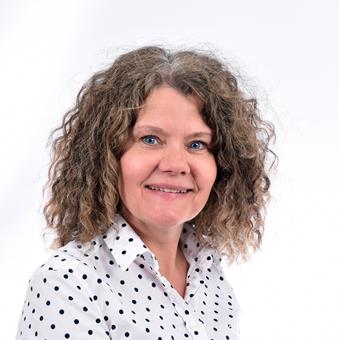 When a Swedish social welfare board approves a couple or a single individual as adoptive parents, a report is sent to the country the child will be adopted from. What Cecilia Lindgren has studied is how parents who want to adopt a second child are described in these reports. The findings are presented in an article in the scientific journal Childhood.
When a Swedish social welfare board approves a couple or a single individual as adoptive parents, a report is sent to the country the child will be adopted from. What Cecilia Lindgren has studied is how parents who want to adopt a second child are described in these reports. The findings are presented in an article in the scientific journal Childhood.Parenst are happy and calm
The picture that emerges from the reports is parenthood characterised by happiness, calm and fulfilment. Having a little one in the family has not put stress on the relationship, but rather brought the parents closer to one another. The parents also take responsibility for their children's educational development and let their daily life revolve around their child’s needs. Many have given up their leisure time interests and are working less in order to spend more time with the child.“This is exciting, if we compare it to previous research on parenthood. Lots of time with the child is highlighted as the ideal by the parents themselves, but many find that its is extremely difficult to live up to this. Adoptive parents, on the other hand, do not seem to have any trouble putting the pieces of their lives together. According to the investigation reports it is more often the other way round – they live a model life,” says Cecilia Lindgren, senior lecturer at the division of Child Studies at Linköping University.
Good argumentation
But being a loving and available parent does not mean the child can do as it pleases or that there are no rules. The picture is a balanced one, with parents who value routines and boundaries.“It is important to point out that the reports can not be seen as a reflection of how the parents actually live, but should be understood as arguments put forward in support of them being able to adopt again. That is precisely why the reports are so interesting. They demonstrate what demands are today placed on ‘a good parent’ and they show what picture of Swedish parenthood is transmitted to other countries,” Ms Lindgren says.
The study is part of a research project carried out by Ms Lindgren together with senior lecturer Judith Lind, and financed by the Swedish Research Council.
Ideals of parenting and childhood in the contact zone of intercountry adoption: Assessment of second-time adoption applicants in Sweden.Cecilia Lindgren, (2015), Childhood
